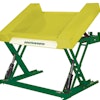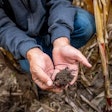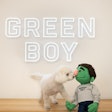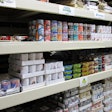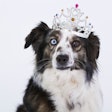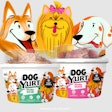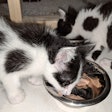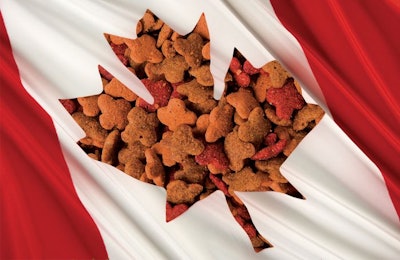
Canadian pet food manufacturer Petcurean is donating 3,000 lbs of food to help cats and dogs stranded by fires on the Little Grand Rapids and Pauingassi First Nations in northern Manitoba. The donation is a response to calls from Norway House Animal Rescue and the Canadian Red Cross. This food is urgently needed to feed an estimated 500 cats and dogs in the community.
According to a recent CBC article, more than 1,000 people were moved to Winnipeg from the two communities because of the raging fires. Pet care was not a part of the original evacuation plan, with pets being left behind. Food is now scarce and pets are suffering. Impacted by this tragedy, Petcurean is now working with one of its Calgary distributors to send food.
In addition to natural disaster food donations, Petcurean’s social media campaign Uplift the Underdogs contest highlights rescue groups and hard to place dogs in need of adoption. In 2017, Petcurean made 243 donations to pet shelters in need, for a total donation of 31,820 lbs of food.
How pet food may help pets recover from natural disasters
Nutritious pet food can help dogs, cats and other animals after surviving disasters like Hurricanes Irma and Harvey. Veterinarians warned that the stress of fleeing a storm or living through its fury can make pets more vulnerable physically and emotionally. When animals do become sick, therapeutic pet foods may help their traumatized digestive systems.
“The act of experiencing a disaster, disruption in normal routine, or geographic relocation can result in stress-induced gastrointestinal conditions such as diarrhea,” Kurt Venator, chief veterinarian officer at Nestlé Purina PetCare, told Petfood Industry. “If pet owners observe stress-induced gastrointestinal signs in their pets they should consult their veterinarian and discuss the potential benefits of feeding a highly digestible therapeutic diet and/or the use of clinically proven probiotics.”
Even before pets show signs of illness, pet parents need to pay special attention to their dogs and cats food and water after a disaster like Hurricane Harvey. Changes in eating patterns can be signs of coming problems.
“Many pets for instance actually eat less when they are stressed,” Denise Bashi, director of special projects for the Pet Leadership Council, said. “Pet parents and other care givers should try to monitor intake of water and food carefully to ensure that the pet does not become seriously dehydrated or malnourished. It is easy to miss when pet parents themselves are effected by a disaster.”

